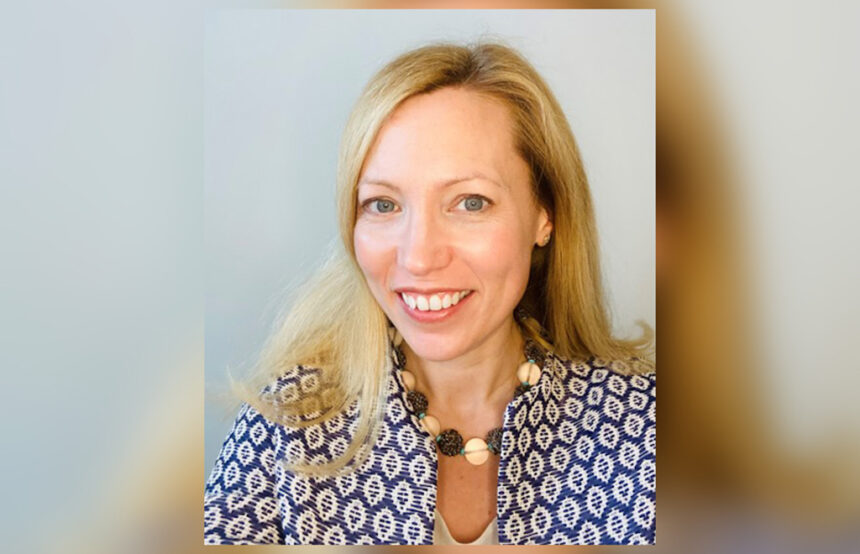Fear of the politicization of healthcare is now on par with people’s worries about another pandemic and the affordability of care, according to data from Edelman’s health-focused Trust Barometer special report.
In its third year of the special health edition, the study had around 16,000 participants across 16 global markets answer questions through an online survey throughout March 4-13. Participating countries included Australia, Brazil, Canada, China, France, Germany, India, Japan, Mexico, Nigeria, Singapore, South Africa, South Korea, UAE, the U.K. and the U.S.
Ahead of an election year in the U.S. and in many international countries, fear of politics in healthcare rose 12% in the last year, the report found, with 64% of global participants worrying equally about the issue alongside healthcare affordability and a subsequent pandemic.
“As people have looked at health information and started to feel that it can become politicized, the risk is that we have a vacuum where people don’t know where to get the right information, or that they sit in a bubble and consume information but aren’t coming back to health experts and a trusted health doctor, nurse or pharmacist who can help them to understand: What does this mean? Is it right for me?” Edelman global COO of health and chair of U.S. health Courtney Gray Haupt said. “One size doesn’t fit all with many things, but especially when it comes to healthcare.”
Building on the learnings of the past couple of years, the new edition of the report hones in on four points: the rise of politicization in science, the challenge of misinformation, the relationship between trust and empowerment and the rebound of the healthcare professional.
While trust in institutions, including employers, businesses, NGOs, government and the media, declined across the board, only employers still meet Edelman’s criteria for trust. The pillar has become the “last bastion” for where there is still trust for consumers, Haupt said.
“My doctor and myself are the two most trusted individuals when it comes to my health,” Haupt said of the rebalancing, noting that 2023’s data saw a rise in friends and family becoming perceived as a healthcare expert. “That’s, for the healthcare community, a welcome coming back to the people who can best help counsel patients and consumers on their health.”
During the pandemic, Haupt noted that Edelman saw a rise in people looking to their employer for trusted information on their overall health, including their personal health. Almost a full year following the end of the public health emergency in the U.S., people are still looking to their employer, but are shifting responsibilities back to themselves and their doctor, acknowledging that their employer still has a role to play in things like mental health and well-being.
Trust in healthcare companies also saw a universal decrease across markets and demographics with the U.S. landing in the distrust category of the agency’s metrics ahead of only Japan and South Korea.
In addition to distrust in companies and institutions, the report details a sharp rise since 2018 in the concern that technology will have a negative impact on healthcare. Participants highlighted issues including increased cost, unforeseen issues, unwanted information, compromised health privacy and worse outcomes.
A lot of distrust when it comes to innovation and artificial intelligence sits in the place of having questions and concerns that haven’t been effectively answered yet, Haupt said. While those surveyed were split on their acceptance of AI in health, a majority rejected the growing use of AI in patient interactions such as chatbots for medical inquiries. Participants were more accepting of AI used in drug development like antibiotic discovery and medical diagnoses including the identification of abnormalities.
Notably, trust in media on accurate health reporting fell significantly to almost total distrust in each participating country, including the U.S., the report found.
“The decline of trust in the health media is one that we found really concerning. It’s obviously indicative of the overall trend and decline and trust in media at large so it’s not just healthcare reporting,” Haupt said. “There’s a role [communicators] can all play in making sure we’re looking at that entire story broadly and how we’re communicating.”
It’s important to proactively get information to pharmacists and healthcare professionals so that they can answer questions in a way that doesn’t make people feel stigmatized, she emphasized. Thinking more broadly about communication strategies and using different media sources and channels to put out balanced information can help build back some of the increased mistrust.
Especially in an election year, it’s important to make sure messaging doesn’t have a political undertone and is leaning on science and data, Haupt said.
“While we have these concerns about growing misinformation and the information bubble within healthcare, there’s a really clear path that organizations can take if you can provide trustworthy information based in science and facts and data, but also showing the right stories and impact on individuals,” she added.
Edelman released its 2024 flagship Trust Barometer report ahead of the World Economic Forum in Davos in January.
This article originally appeared on PRWeek US.







